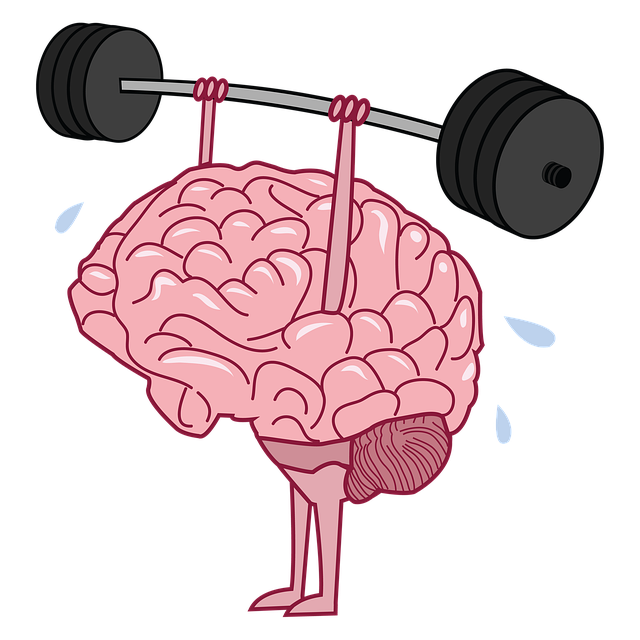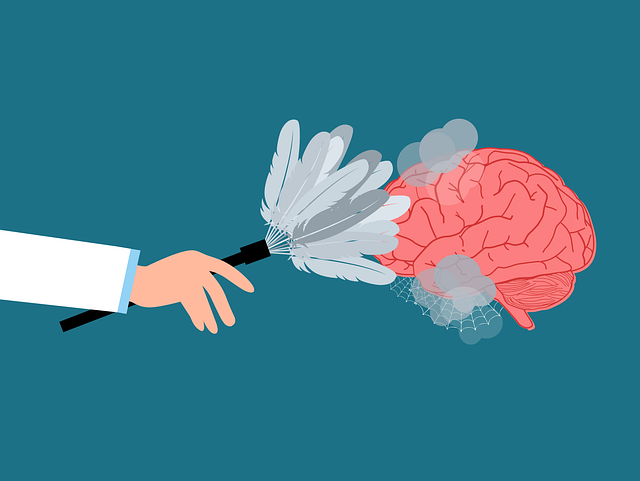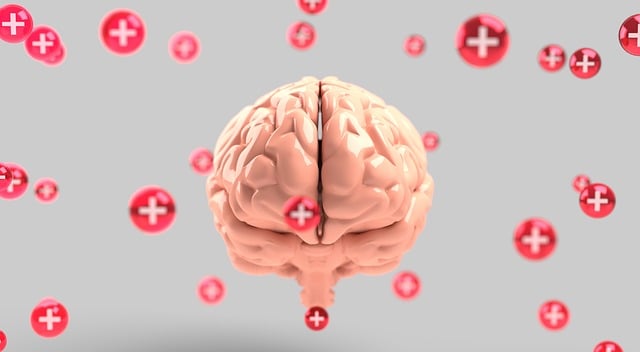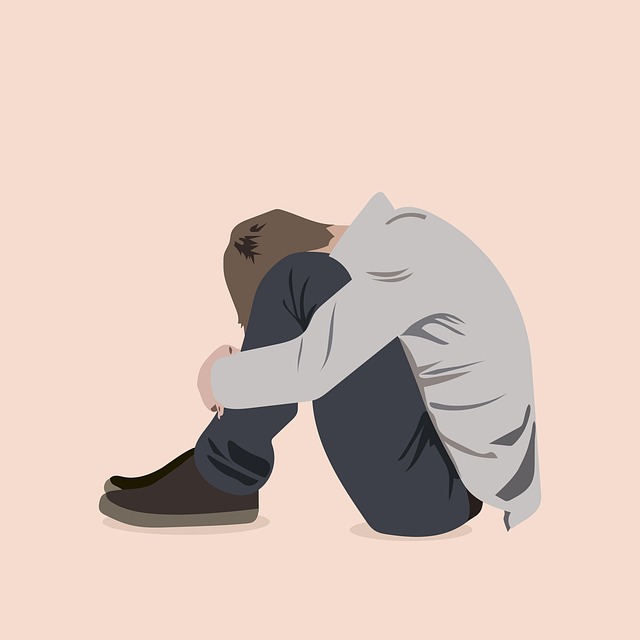Lone Tree Domestic Violence Therapy offers specialized support for individuals experiencing hidden forms of abuse within homes, focusing on stigma reduction and emotional well-being. Their harm minimization plan combines dynamic risk assessment, tailored safety planning, and culturally sensitive practices to address complex situations holistically. Through psychological counseling and practical safety strategies, they empower survivors to overcome trauma, anxiety, depression, and low self-esteem, fostering resilience and long-term recovery. The therapy collaborates with local entities for comprehensive support, advocacy, and policy change, aiming to create safer environments for victims and their families.
Risk assessment and harm minimization planning are crucial components in addressing domestic violence. This comprehensive guide explores Lone Tree Domestic Violence Therapy, a niche approach that focuses on individual circumstances and needs. We delve into key elements of a robust harm minimization plan, providing strategies for safe and effective support. By understanding the unique dynamics of lone tree cases, professionals can enhance interventions, ensuring the well-being of victims and their children.
- Understanding Lone Tree Domestic Violence Therapy: A Niche Approach to Risk Assessment
- Key Components of a Comprehensive Harm Minimization Plan
- Implementing Strategies for Safe and Effective Support in Domestic Violence Cases
Understanding Lone Tree Domestic Violence Therapy: A Niche Approach to Risk Assessment

Lone Tree Domestic Violence Therapy represents a specialized and niche approach to risk assessment within the realm of domestic violence interventions. Unlike broader, generalized strategies, this therapy focuses specifically on individuals who have experienced or are at risk of solitary, hidden forms of abuse within their homes. The unique challenges faced by these victims—often characterized by isolation, lack of support networks, and fear of disclosure—demand tailored solutions.
This niche approach prioritizes the mental illness stigma reduction efforts and emotional well-being promotion techniques necessary to help individuals break free from cycles of violence. By acknowledging the profound impact of loneliness and isolation on a person’s psychological state, therapists employ strategies that encourage positive thinking and resilience. The ultimate goal is not only to minimize immediate harm but also to empower clients with the tools they need to rebuild their lives, ensuring long-term safety and emotional recovery.
Key Components of a Comprehensive Harm Minimization Plan

A comprehensive harm minimization plan is a critical tool for addressing high-risk situations, such as those involving domestic violence at Lone Tree Domestic Violence Therapy. It requires a multi-faceted approach that goes beyond immediate crisis intervention. Key components include risk assessment, safety planning, and implementing strategies tailored to the individual’s needs. By integrating cultural sensitivity in mental healthcare practice, professionals can ensure that interventions are not only effective but also respectful of diverse backgrounds and experiences.
This plan should be dynamically adjusted based on ongoing risk assessments and regular review of the individual’s progress. Incorporating crisis intervention guidance ensures that support is readily available when needed. Additionally, it must address anxiety relief strategies as a crucial element in managing stress and triggering events. Through these measures, a holistic approach to harm minimization can be achieved, fostering safety and well-being for all involved.
Implementing Strategies for Safe and Effective Support in Domestic Violence Cases

In cases of domestic violence, implementing strategies for safe and effective support is paramount to ensure the well-being and resilience of victims. Lone Tree Domestic Violence Therapy emphasizes a holistic approach that combines psychological interventions with practical safety measures. This includes providing confidential counseling services tailored to address trauma, anxiety, depression prevention, and rebuilding self-esteem—all essential components in fostering mental health recovery.
The therapy focuses on empowering individuals to create a supportive network, develop confidence-boosting coping mechanisms, and access necessary resources for safe living. It also involves coordinating with local law enforcement, social services, and community organizations to ensure a comprehensive harm minimization strategy. This collaborative effort aims to break the cycle of violence while advocating for Mental Health Policy Analysis and Advocacy, ultimately paving the way for a safer and healthier environment for victims and their families.
Lone Tree Domestic Violence Therapy offers a specialized approach to risk assessment, recognizing the unique dynamics of intimate partner violence. By focusing on harm minimization planning, this therapeutic model aims to create safe environments and empower individuals caught in these traumatic situations. Through comprehensive strategies that include risk assessment tools, support networks, and practical safety plans, professionals can effectively intervene and support survivors, ensuring their well-being and promoting long-term healing. Embracing these practices is vital for creating a more responsive and supportive system in domestic violence cases.














